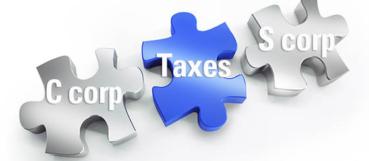Accountable plans save taxes for staffers and their nonprofit employers
Have staffers complained because their expense reimbursements are taxed? An accountable plan can address the issue. Here’s how accountable plans work and how they benefit employers and employees.
Be reasonable
Under an accountable plan, reimbursement payments to employees will be free from federal income and employment taxes and aren’t subject to withholding from workers’ paychecks. Additionally, your organization benefits because the reimbursements aren’t subject to the employer’s portion of federal employment taxes.
The IRS stipulates that all expenses covered in an accountable plan have a business connection and be “reasonable.” Additionally, employers can’t reimburse employees more than what they paid for any business expense. And employees must account to you for their expenses and, if an expense allowance was provided, return any excess allowance within a reasonable time period.
An expense generally qualifies as a tax-free reimbursement if it could otherwise qualify as a business deduction for the employee. For meals and entertainment, a plan may reimburse expenses at 100% that would be deductible by the employee at only 50%.
Keep good records
An accountable plan isn’t required to be in writing. But formally establishing one makes it easier for your nonprofit to prove its validity to the IRS if it is challenged.
When administering your plan, your nonprofit is responsible for identifying the reimbursement or expense payment and keeping these amounts separate from other amounts, such as wages. The accountable plan must reimburse expenses in addition to an employee’s regular compensation. No matter how informal your nonprofit, you can’t substitute tax-free reimbursements for compensation that employees otherwise would have received.
The IRS also requires employers with accountable plans to keep good records for expenses that are reimbursed. This includes documentation of the amount of the expense and the date; place of the travel, meal or transportation; business purpose of the expense; and business relationship of the people fed. You also should require employees to submit receipts for any expenses of $75 or more and for all lodging, unless your nonprofit uses a per diem plan.
Inexpensive retention tool
Accountable plans are relatively easy and inexpensive to set up and can help retain staffers who frequently submit reimbursement requests. Contact us for more information.
© 2019





